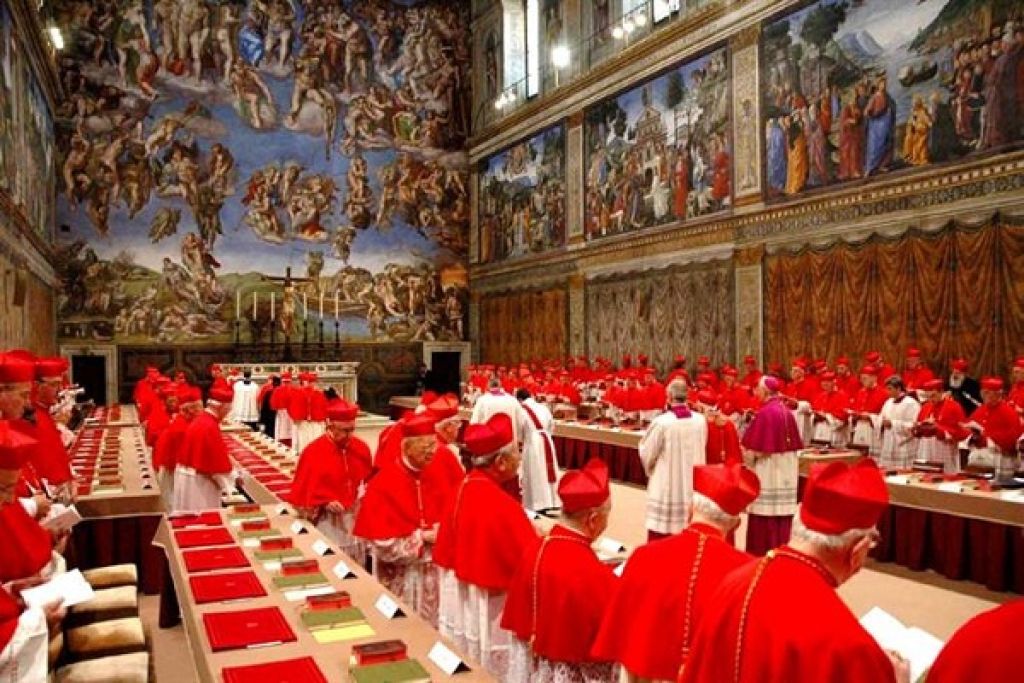BEIJING (Reuters) – The people of Tibet should not be taken in by the Dalai Lama’s lies and clearly understand the importance of Communist Party rule in the region, the Chinese government said ahead of March’s sensitive 60th anniversary of him fleeing into exile.
Tibetan spiritual leader, the Dalai Lama, speaks to students at a school in Mumbai, India, December 8, 2017. REUTERS/Danish Siddiqui/File Photo
Beijing sent troops into Tibet in 1950 in what it officially terms a peaceful liberation and has ruled there with an iron fist even since. The Dalai Lama, the highest figure in Tibetan Buddhism, fled into exile to India in 1959 after a failed uprising against Chinese rule.
China routinely denounces him as a dangerous separatist, although the Dalai Lama says he merely wants genuine autonomy for his remote and mountainous homeland.
The official Tibet Daily said in a lengthy commentary released online late on Thursday the Dalai Lama had never given up promoting Tibetan independence, dismissing his intentions to seek a “middle way” of genuine autonomy.
“Whether it’s the ‘middle way’ or a ‘high degree of autonomy’, the aim is to try and negate the leadership of the party, negate the socialist system, and negate the ethnic autonomous region system,” the paper wrote.
It said the Dalai Lama has tried to use hostile forces in the Western media to spread his “rumors and slander” against China to promote Tibetan independence, ignoring the freedoms and respect accorded to the people of Tibet.
“In the face of the lies of the 14th Dalai Lama, the various peoples of Tibet should be even more aware that socialist new Tibet replacing the theistic and feudal system of old Tibet was a historical necessity, and a victory for the truth and the people,” the paper wrote.
There was no immediate reaction to the paper’s commentary from the India-based exiled Tibetan government.
Rights groups say the situation for ethnic Tibetans inside what China calls the Tibet Autonomous Region remains extremely difficult.
The U.N. High Commissioner for Human Rights said in June conditions were “fast deteriorating” in Tibet.
This week, the U.S. Senate passed the Reciprocal Access To Tibet Act, which now goes to the White House for President Donald Trump to sign into law.
That act seeks to promote access to Tibet for U.S. diplomats and other officials, journalists, and other citizens by denying entry into the United States for Chinese officials deemed responsible for restricting access to Tibet.
All foreigners need special permission to enter Tibet, which is generally granted for tourists but very infrequently for foreign diplomats and journalists.
Reporting by Ben Blanchard and Christian Shepherd; Editing by Paul Tait






Leave a Reply